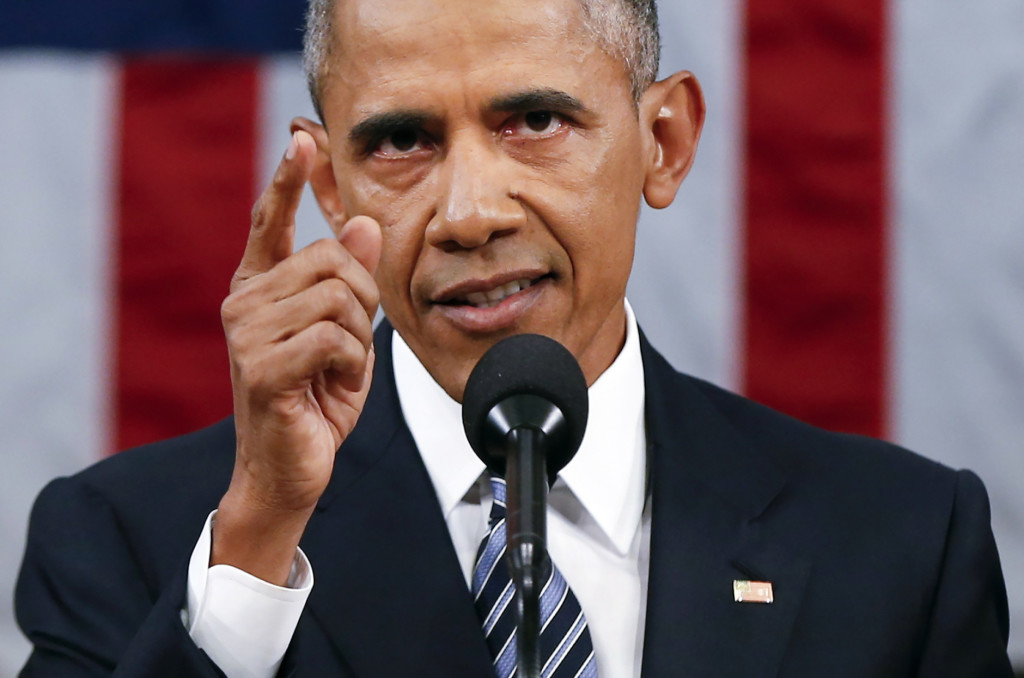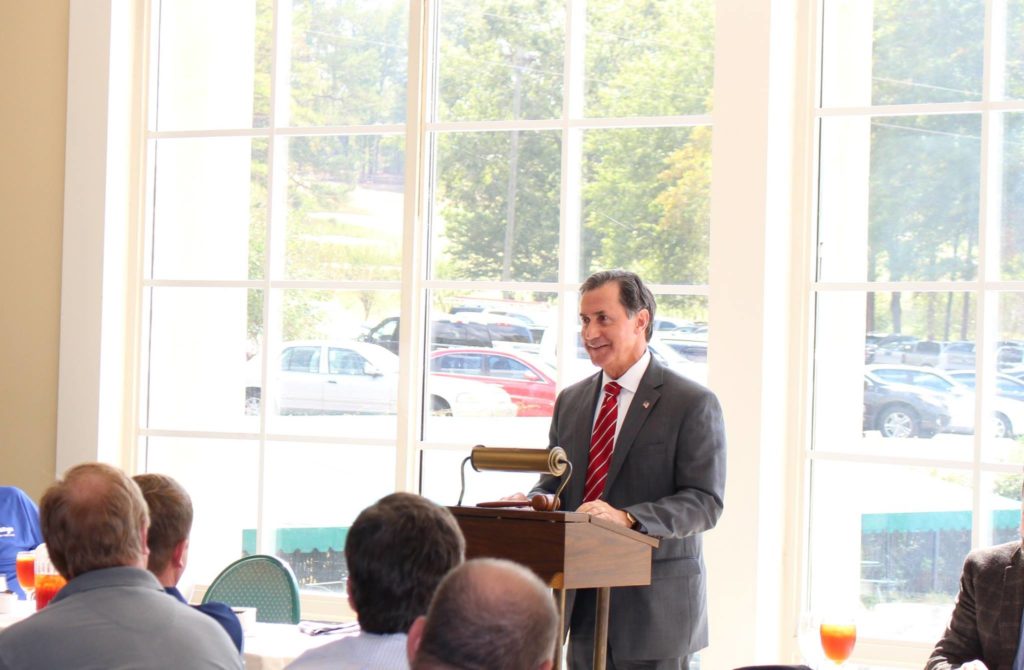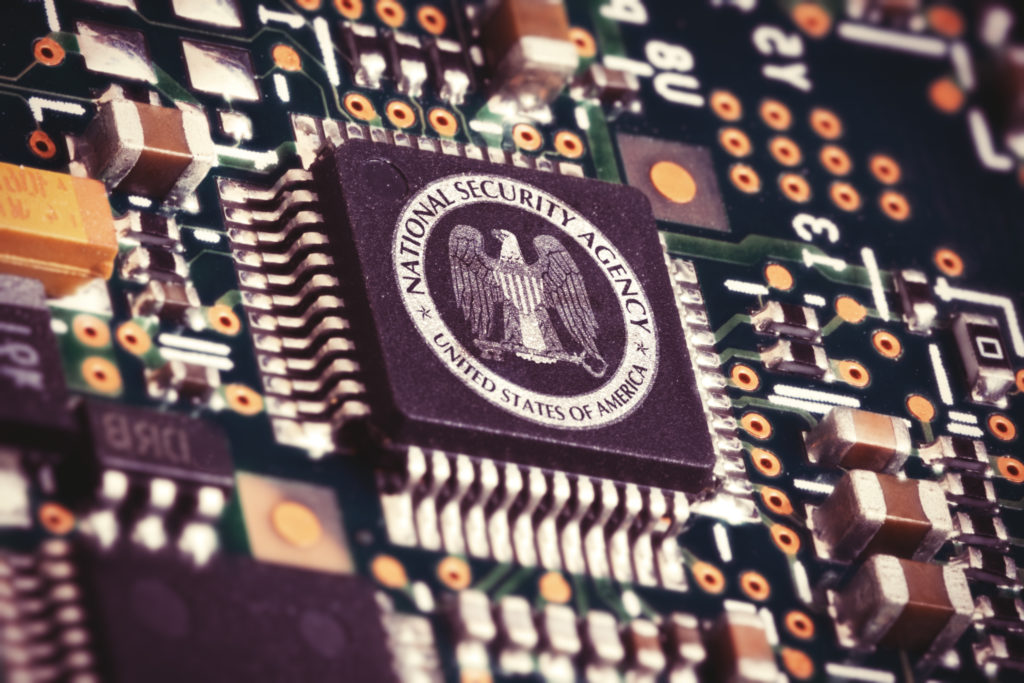Once lauded a peacemaker, Barack Obama’s tenure fraught with war

Seven years ago this week, when a young American president learned he’d been awarded the Nobel Peace Prize barely nine months into his first term – arguably before he’d made any peace – a somewhat embarrassed Barack Obama asked his aides to write an acceptance speech that addressed the awkwardness of the award. But by the time his speechwriters delivered a draft, Obama’s focus had shifted to another source of tension in his upcoming moment in Oslo: He would deliver this speech about peace just days after he planned to order 30,000 more American troops into battle in Afghanistan. The president all-but scrapped the draft and wrote his own version. The speech Obama delivered – a Nobel Peace Prize lecture about the necessity of waging war – now looks like an early sign that the American president would not be the sort of peacemaker the European intellectuals of the Nobel committee had anticipated. On matters of war and peace, Obama has proven to be a confounding and contradictory figure, one who stands to leave behind both devastating and pressing failures, as well as a set of fresh accomplishments whose impact could resonate for decades. He is the erstwhile anti-war candidate, now engaged in more theaters of war than his predecessor. He is the commander-in-chief who pulled more than a hundred thousand U.S. troops out of harm’s way in Iraq, but also began a slow trickle back in. He recoiled against full-scale, conventional war, while embracing the brave new world of drone attacks. He has championed diplomacy on climate change, nuclear proliferation and has torn down walls to Cuba and Myanmar, but failed repeatedly to broker a lasting pause to more than six years of slaughter in Syria. If there was consensus Obama had not yet earned his Nobel Peace Prize when he received it in 2009, there’s little such agreement on whether he deserves it today. “I don’t think he would have been in the speculation of the Nobel committee now, in 2016, even if he had not already won,” said Kristian Berg Harpviken, director of the Peace Research Institute of Oslo, and a close watcher of the Nobel committee. Harpviken said he views Obama’s foreign policy as more conventional and limited than he expected, particularly regarding his use of multilateral cooperation and institutions. When it comes to finding new instruments for peace, he said, “Obama has been stuck in the old paradigm.” By some sobering measures, the case for Obama the peacemaker is difficult to make. Analysts who track conflict, refugee populations, terrorist attacks and political upheaval say the world has only become less peaceful during Obama’s tenure, a trend that began just before he took office. Instances of terrorism have peaked, deaths in battle around the world are at a 25-year high, and the number of refugees and displaced people has reached a level not seen in sixty years, according to the 2016 Global Peace Index, a report on international stability produced by the nonpartisan think-tank the Institute for Economic and Peace. The researchers attributed the trends to the expanded warfare in the Middle East and North Africa and broad ripples across the region and in Europe. Few would blame global strife on one man, even the commander of the world’s most powerful military. And if anything, Obama’s legacy- and his supporters would say his strength – is a steady wariness of limits of using that military without triggering unintended consequences. That wariness has led to a seven-year debate over whether the president has used the tools of war to try to make peace too much or little. The president’s Nobel acceptance speech delivered to Oslo in December 2009 is something of a roadmap to Obama’s thinking on use of force. In it, the president affirmed his readiness to wage war in self-defense and called for new thinking on the concept of “just war.” “More and more, we all confront difficult questions about how to prevent the slaughter of civilians by their own government, or to stop a civil war whose violence and suffering can engulf an entire region,” Obama said, years before war broke out in Syria. “Inaction tears at our conscience and can lead to more costly intervention later. That’s why all responsible nations must embrace the role that militaries with a clear mandate can play to keep the peace.” Critics do not see Obama heeding his own call to responsible nations. Obama’s refusal to use force to depose Syrian President Bashar Assad, cripple his air force or more aggressively engage in diplomatic efforts to end the fighting have been a steady source of criticism. Many view it as an unfortunate overcorrection from the George W. Bush-era Iraq war. “The president correctly wanted to move away from the maximalist approach of the previous administration, but in doing so he went to a minimalist, gradualist and proxy approach that is prolonging the war. Where is the justice in that?” said Ret. Lt. Gen. Jim Dubik, a senior fellow at the Institute for the Study of War and the author of the book, “Just War Reconsider.” Obama should have worked harder to rally a coalition around a shared vision of a stable Middle East:, he believes. “Part of the requirement of leadership,” Dubik said, “is to operate in that space between where the world is and where the world ought to go.” The president’s advisers contend such criticism comes from a misguided presumption that more force yields more peace. Cold-eyed assessments of the options in Syria show no certainty of outcomes, they say, only risk of broader conflict. “In Syria, there is no international basis to go to war against the Assad regime. Similarly, there’s no clearly articulable objective as to how it would play out. What is the end that we’re seeking militarily?” said deputy national security adviser Ben Rhodes. “The president doesn’t believe you can impose order through military force alone.” But Obama has in many other cases been willing to use limited force to
Gary Palmer announces busy October Town Hall schedule

Alabama 6th District U.S. Congressman Gary Palmer announced Wednesday he will host seven Town Hall meetings throughout the district in October. The events are free and open to the public. Palmer will take questions and address important issues that face 6th District Alabamians and the nation at each event. See below for the dates, times and locations: Clay Town Hall Monday, Oct. 10 at 6:30 p.m. Clay City Hall 2441 Old Springville Road Birmingham, AL 35215 Homewood Town Hall Wednesday, Oct. 12 at 6 p.m. Homewood City Hall 2nd Floor Council Chambers 2850 19th St. S. Homewood, AL 35209 Hoover Town Hall Thursday, Oct. 13 at 6:30 p.m. Hoover City Hall Council Chambers 100 Municipal Lane Hoover, AL 35216 Columbiana Town Hall Friday, Oct. 14 at 8:30 a.m. Columbiana Senior Center 110 Mildred St. Columbiana, AL 35051 Kimberly Town Hall Monday, October 17 at 6 p.m. Kimberly Senior Center 8013 Warrior Kimberly Road Kimberly, AL 35091 Pelham Town Hall Monday, Oct. 24 at 7 p.m. Pelham High School 2500 Panther Circle Pelham, AL 35124 Graysville Town Hall Tuesday, Oct. 25 at 6:30 p.m. Graysville Public Library 315 S. Main St. Graysville, AL 35073
NSA contractor arrest highlights challenge of insider threat

The arrest of a National Security Agency contractor accused of stealing classified information represents the second known case of a government contractor being publicly accused of removing secret data from the intelligence agency since 2013. The latest arrest came despite efforts to reform security after the Edward Snowden disclosures, especially in regard to insider threats. Harold Thomas Martin III, 51, of Glen Burnie, Maryland, was arrested by the FBI in August, after federal prosecutors say he illegally removed highly classified information and stored the material in his home and car. A defense attorney said Martin did not intend to betray his country. The arrest was not made public until Wednesday, when the Justice Department unsealed a criminal complaint that accused Martin of having been in possession of top-secret information that could cause “exceptionally grave danger” to national security if disclosed. The fact that Snowden and now Martin – both working for Booz Allen Hamilton as contractors for NSA – were able to leave the NSA with highly classified documents, especially given the supposed security upgrades put into place, raises the question of whether the intelligence agency’s efforts to tighten internal security afterward were effective or adequate. The NSA declined to comment. “One key thing we don’t have visibility into now is how he was caught, because that would provide some insight into whether the reforms that were put in post-Snowden were effective or not, or their relative efficacy,” said Rajesh De, who was the NSA’s general counsel when the Snowden story broke and remained there until last year. Snowden’s 2013 theft of documents that were leaked to journalists revealed the NSA’s bulk collection of millions of Americans’ phone records. Rep. Adam Schiff of California, the senior Democrat on the House Permanent Select Committee on Intelligence, said in a statement that “it is painfully clear that the intelligence community still has much to do to institutionalize reforms designed to protect (U.S. government secrets) from insider threats.” While details remain sparse, Martin’s arrest also illustrates the difficulty of guarding against an insider threat given that employees that, by virtue of their clearance level and jobs, must be entrusted with the nation’s secrets. It’s unlikely, given the thousands of people in the intelligence community, “you’re going to be able to stop every incident of somebody taking documents if they’re determined to do so. But the real question is how quickly can you detect it, how quickly can you mitigate the harm of any such incident,” De said. Adm. Mike Rogers, who heads the NSA, has repeatedly spoken since 2013 about efforts the agency has taken to ensure that such a thing doesn’t happen again. He has said the agency tried to strike a balance so as to not overly upset workers, who are law-abiding citizens, with aggressive internal security mechanisms. On Wednesday evening at a Harvard University event, Rogers declined to offer details on the ongoing investigation but officially confirmed that the contractor was employed at the NSA, which monitors and collects sensitive information and data, mostly from overseas. Among the classified documents found with Martin, the FBI said, were six that contain sensitive intelligence – meaning they were produced through sensitive government sources or methods that are critical to national security – and date back to 2014. All the documents were clearly marked as classified information, according to a FBI affidavit accompanying the complaint. The complaint does not specify which documents Martin is alleged to have taken. He was arrested around the same time U.S. officials acknowledged an investigation into a cyber leak of purported hacking tools used by the NSA. That toolkit consists of malicious software intended to tamper with firewalls, the electronic defenses protecting computer networks. Those documents were leaked by a group calling itself the “Shadow Brokers.” The complaint does not reference that group or allege a link to Martin. White House spokesman Josh Earnest said President Barack Obama takes the situation “quite seriously. And it is a good reminder for all of us with security clearances about how important it is for us to protect sensitive national security information.” The New York Times first reported the arrest of a NSA contractor who worked for Booz Allen Hamilton. Booz Allen said in a statement that after learning of the arrest of one of its employees, it contacted law enforcement authorities to offer its cooperation and fired the worker. At Martin’s home, investigators found stolen property valued at “well in excess of $1,000,” the complaint said. He voluntarily agreed to an interview. “Martin at first denied, and later when confronted with specific documents, admitted he took documents and digital files from his work assignment to his residence and vehicle that he knew were classified,” the affidavit says. “Martin stated that he knew what he had done was wrong and that he should not have done it because he knew it was unauthorized.” He has been in custody since his arrest in August. “There is no evidence that Hal Martin intended to betray his country,” his public defenders, James Wyda and Deborah Boardman, said in a statement. “What we do know is that Hal Martin loves his family and his country. He served honorably as a lieutenant in the United States Navy, and he has devoted his entire career to serving his country. We look forward to defending Hal Martin in court.” The complaint charges Martin with unauthorized removal and retention of classified materials and theft of government property. In 2013, journalists relying on classified documents stolen by Snowden revealed the NSA’s bulk collection phone records and spurred a national debate on privacy and national security. Rogers has said that since those revelations, he’s repeatedly reminded the workforce of their agreement to never divulge the sensitive information they’ve been given access to. In prior comments, Rogers has said security isn’t just about technical and insider threat preparation, but also about ensuring professional behavior. “At times, I have some people telling me, ‘Hey, what this should show you is you can’t


